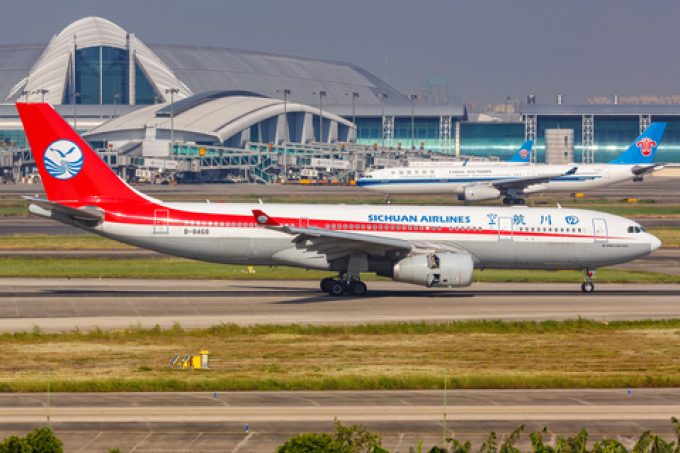Normal seasonal patterns suspended – where is the air cargo being held?
Global airfreight rates have edged up this week, including on transpacific eastbound, as the US ...

China’s lockdowns are playing havoc with its airline industry, with three of its four main regional airlines reportedly close to insolvency, including freighter operator Sichuan Airlines.
News site 163.com looked at the asset-to-liability ratios of several Chinese airlines and found Sichuan was at 85.8%. It is ...

Comment on this article